ENVIRONMENTAL COMMITMENT
We develop our business in a verticalized manner and integrated to the multiple use of the forest, always prioritizing the rational and sustainable use of natural resources.
One of RB Group’s main commitments is to care for the environment, as we understand that business excellence depends on the responsible use of natural resources, as well as the manufacture of products that do not harm the environment.
We continuously seek the improvement of our products and processes, always aiming at the elimination or mitigation of environmental impacts. We also develop actions with our employees and the community, seeking to make everyone aware of sustainable development.
ENVIRONMENTAL MANAGEMENT
- Monitoring and technical evaluation of all the processes in our business units, with control of atmospheric emissions, noise, treatment and release of effluents, and compliance with legal requirements;
- Waste management, through the best management practices in balance with the National Solid Waste Policy;
- Environmental Education Program, for employees and the local community;
- Energy source, through the priority consumption of renewable fuels with effective control over atmospheric emissions.
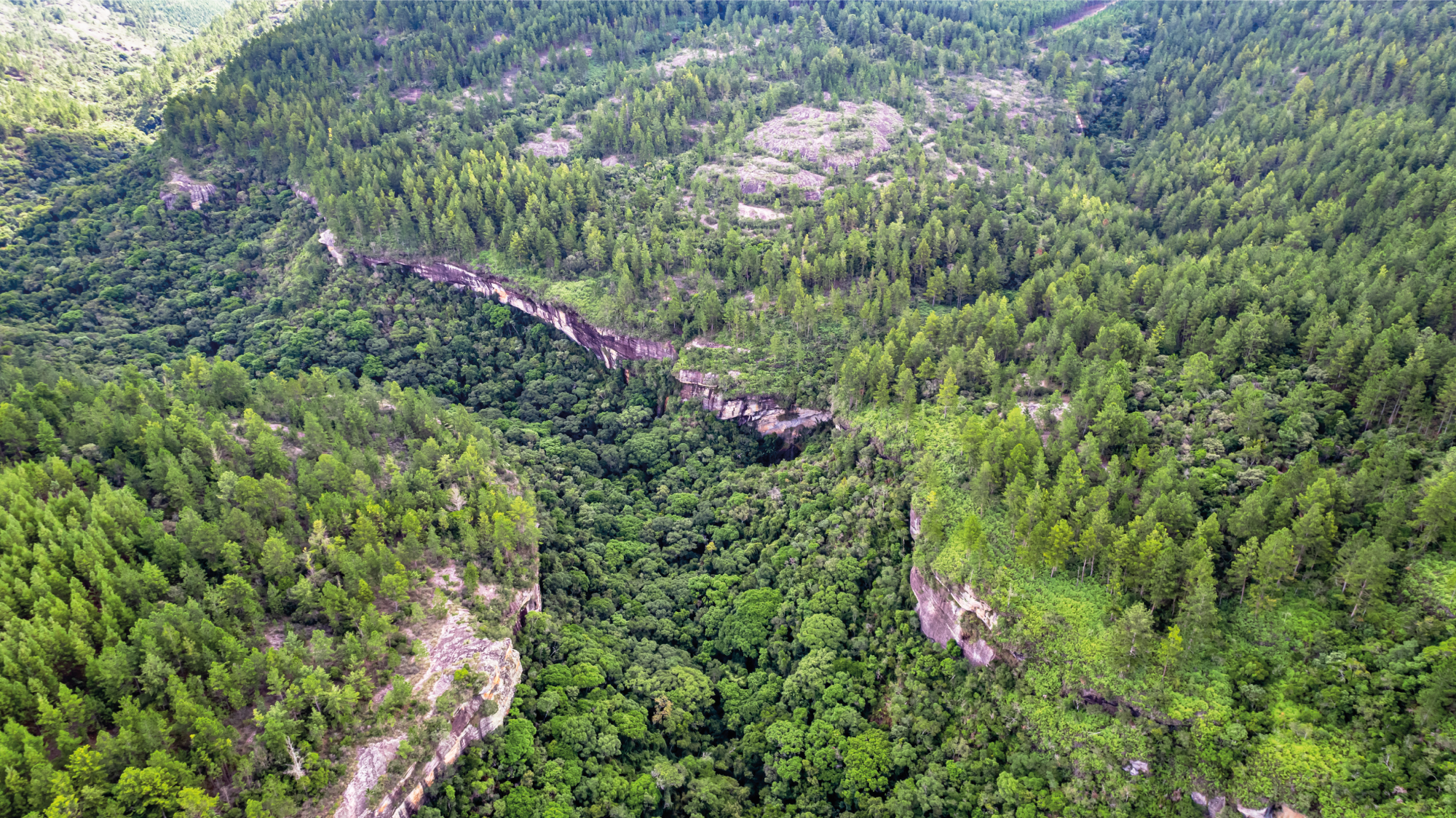
RPPN FERLAG RESINAS BRASIL
The Private Natural Heritage Reserves (RPPNs) are Protected Areas by Federal Law 9.985/2000, thus defined by the National System of Conservation Units (SNUC). They are of private domain, have a perpetual character, and their main objective is the conservation of biological diversity.
The RPPN is created with the goal of protecting the fauna, flora, and the natural aspects that exist there, promoting the protection of the biodiversity of the Brazilian biomes and all associated ecosystem services.
Consolidating our commitment to sustainability, on June 3, 2022, through Ordinance No. 464 issued by the Chico Mendes Institute linked to the Ministry of Environment, we formalized the creation of our first Private Reserve of Natural Heritage, called RPPN FERLAG Resinas Brasil, located in the municipality of Nova Campina (SP), with a total area of 90 (ninety hectares).
In addition to the unique fauna and flora in the region, our RPPN makes up part of the famous Nova Campina Canyons, one of the rarest geomorphological sites in the country, classified as the eighth largest canyons in the world in length.
The rock formations are the same as those that can be reached as far as Vila Velha, near Ponta Grossa (PR). It is 260km with amplitudes of up to 200m, and about 5km wide. There are rivers, waterfalls, rapids, hills, pinnacles, ruiniform reliefs, caves, and small sandstone caves that show archeological remains, an important natural historical heritage of the region.
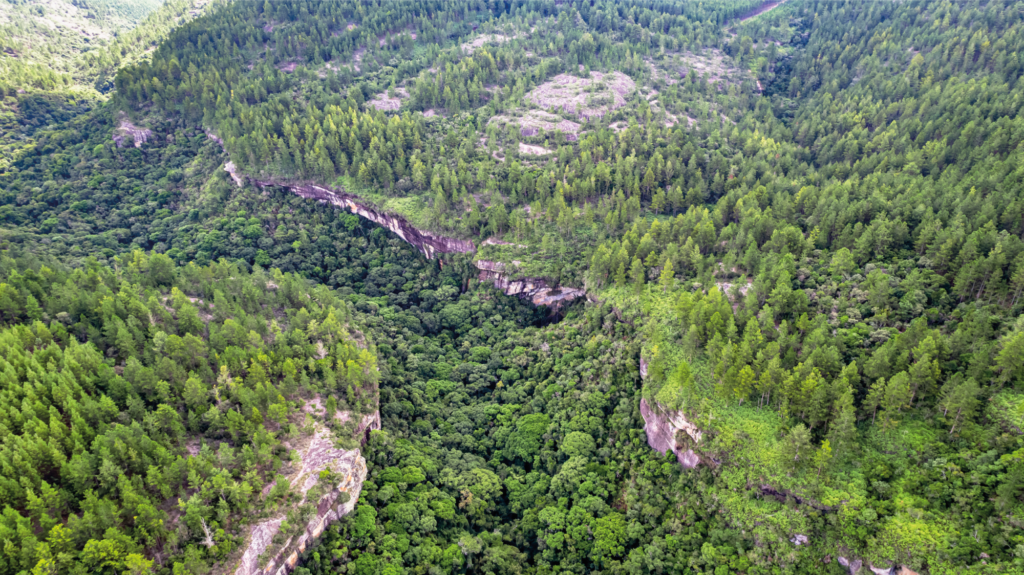
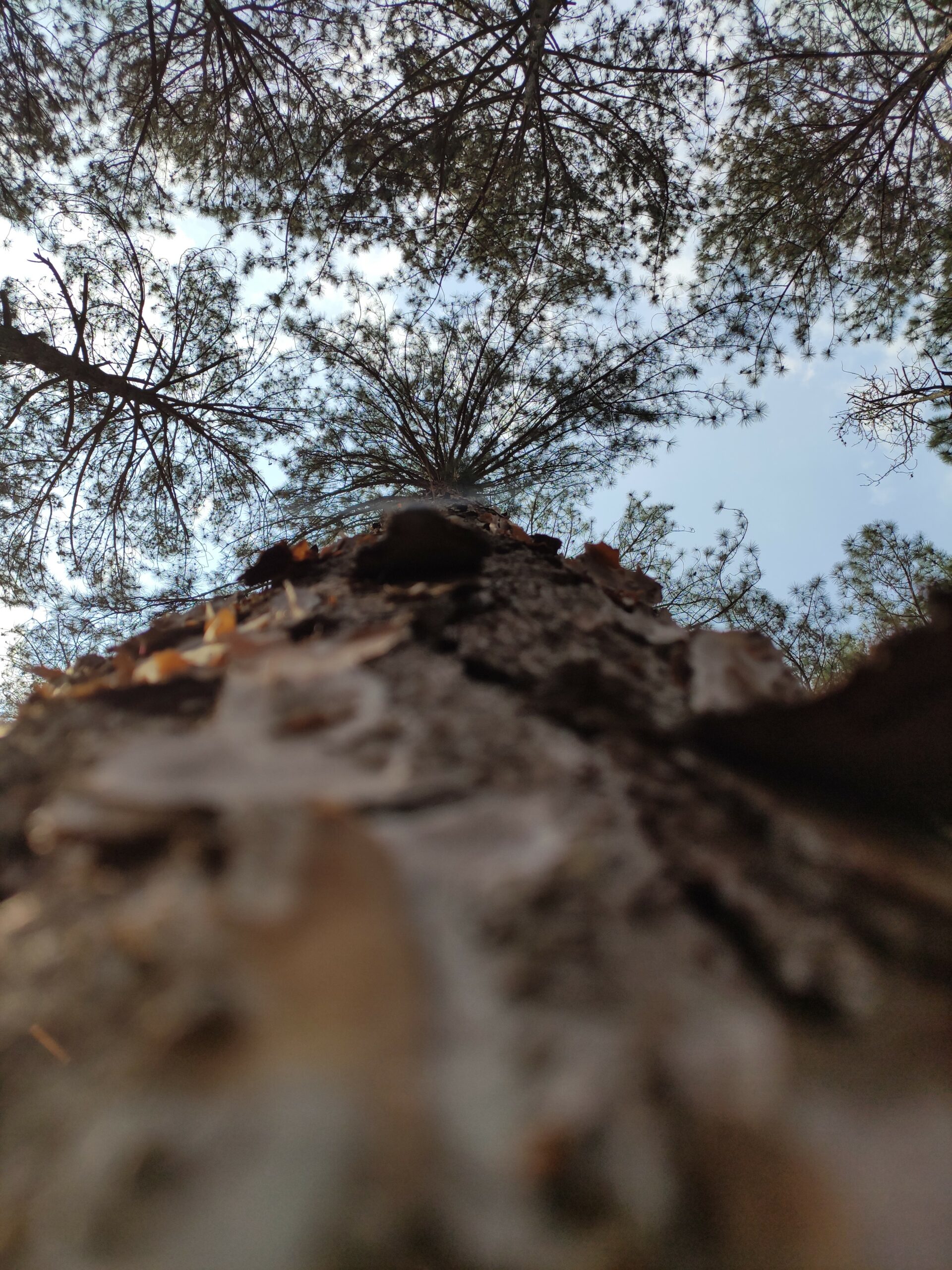
YOU KNOW WHAT IT IS PLANTED FOREST?
These are areas reforested by planting seedlings, grown according to a sustainable management plan. The practice recovers previously degraded spaces, reduces environmental impacts, and promotes the economic and social development of the communities surrounding the plantations and factories.
CONSERVATION
Planted trees are a renewable, recyclable, and environmentally and human-friendly raw material. Brazil has 9 million hectares planted with eucalyptus, pine, and other species for the production of wood panels, laminate flooring, pulp, paper, energy production, and biomass. Planted trees are responsible for 91% of all wood produced for industrial purposes in the country – the other 9% comes from legally managed natural forests.
In addition, to avoid pressure and degradation of natural ecosystems, energy forests contribute to the supply of forest biomass, firewood, and charcoal of plant origin.
In addition to their productive functions, tree plantations play an important role in providing environmental services: they prevent the deforestation of natural habitats, thus protecting biodiversity; they preserve soil and river springs; they recover degraded areas; they are sources of renewable energy, and contribute to the reduction of greenhouse gas emissions by being natural carbon stocks.
Source: iba.org

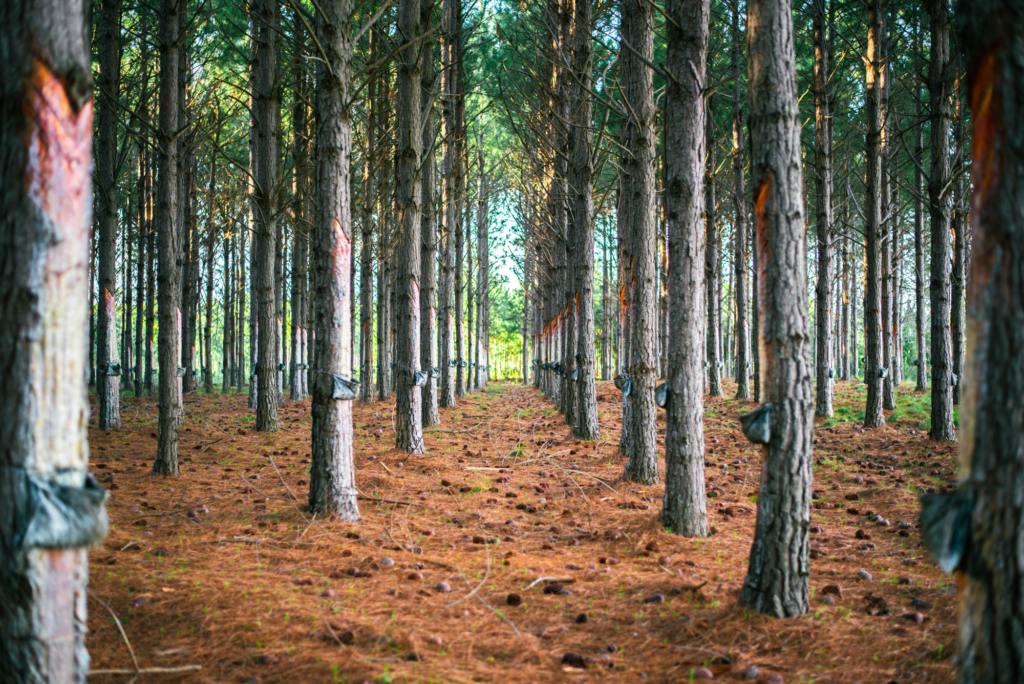
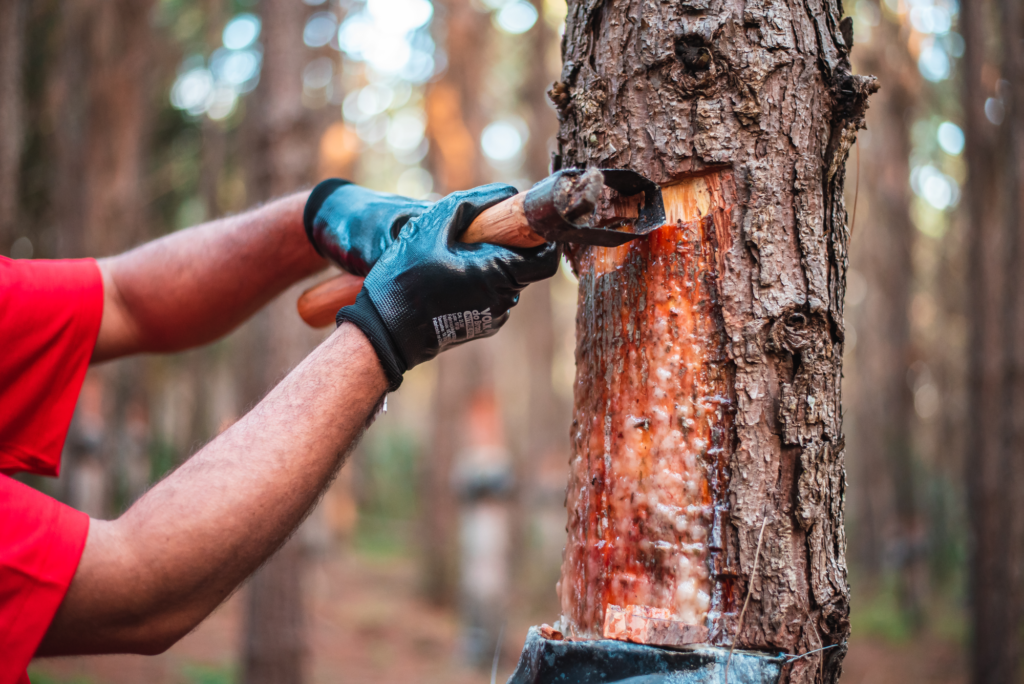
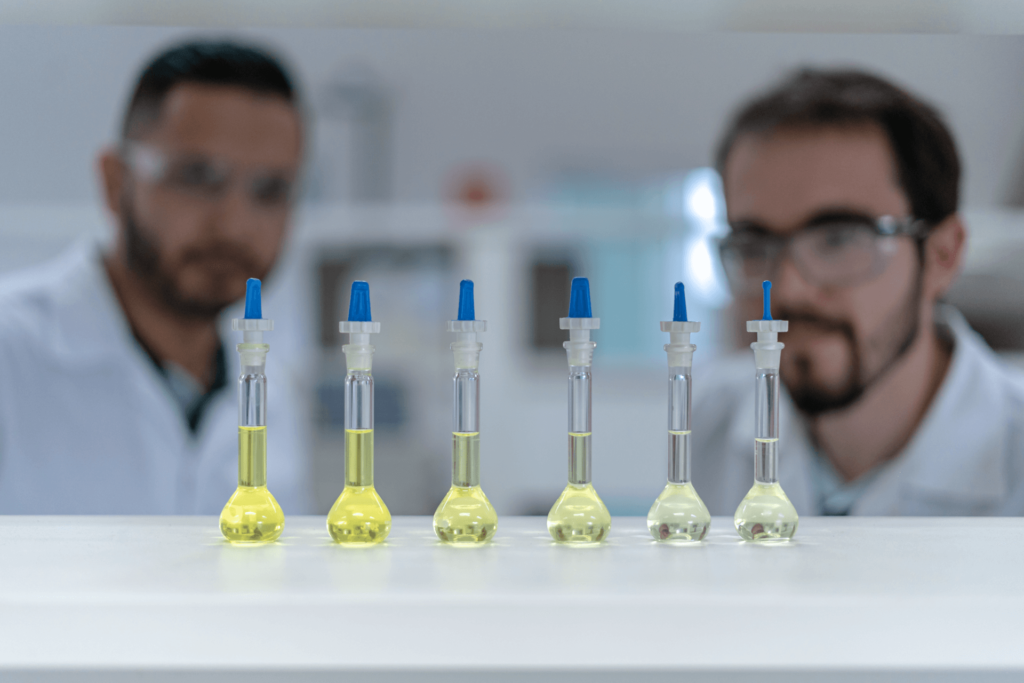

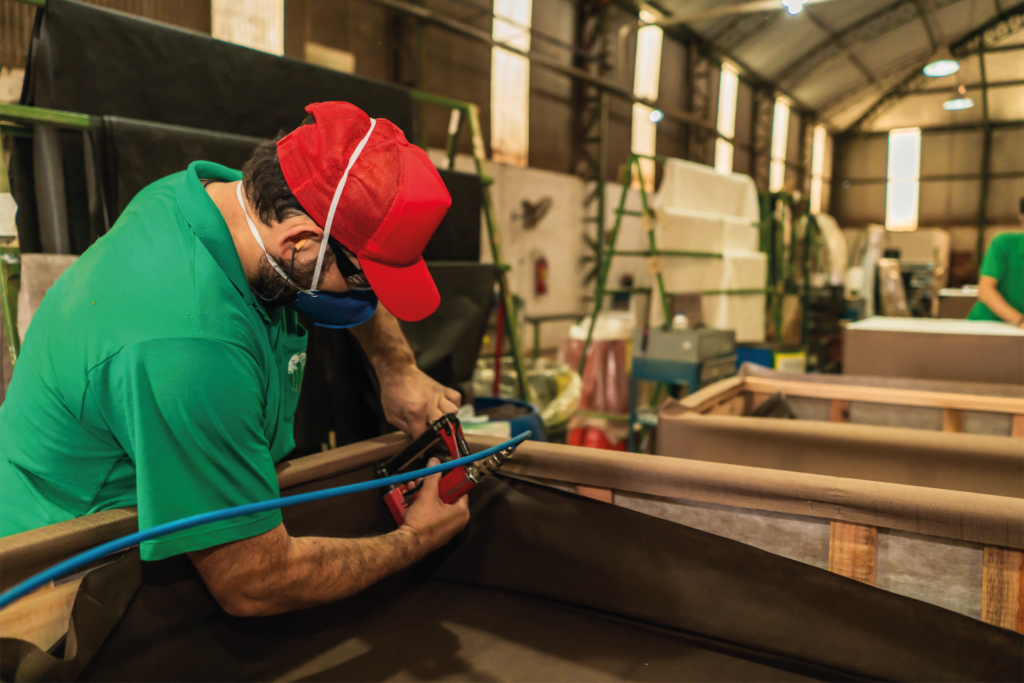




 by
by 